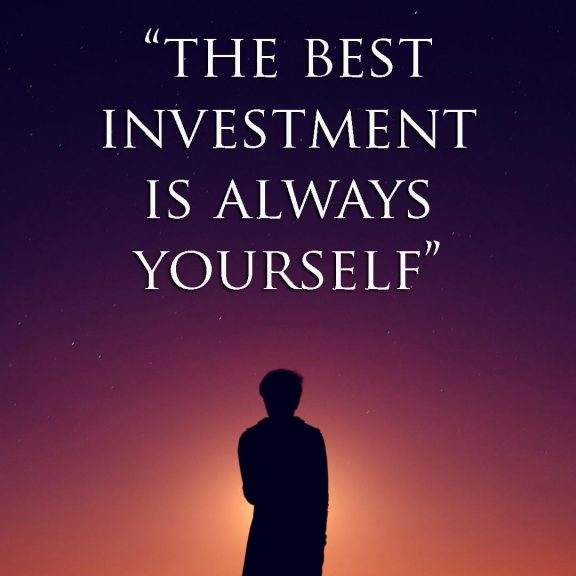Key Takeaways:
- Effective management necessitates understanding various styles and their impact on team dynamics.
- Building strong workplace relationships enhances team productivity and promotes a positive work environment.
Navigating the Challenges of Modern Management: Effective Strategies for Today’s Managers
Modern management practices are continually evolving, driven by changing workplace dynamics and the need for enhanced performance. Effective management is crucial not only for organizational success but also for fostering employee engagement and productivity. This article will explore practical strategies that today’s managers can implement to address some of the most pressing challenges in management, from effective communication to relationship building.
Understanding Management Styles
Management styles greatly impact team performance and morale. One key approach is the transformational management style, which encourages employee involvement and inspires teams towards a shared vision. For instance, a manager employing a transformational style might initiate brainstorming sessions, allowing team members to voice their ideas and concerns, thereby fostering an inclusive environment. This can lead to improved productivity as employees feel their contributions are valued.
Conversely, some managers might adopt a transactional style, focusing on tasks, deadlines, and direct oversight. While this approach may ensure that projects are completed on time, it can stifle creativity and employee motivation. Striking the right balance between different management styles is essential for adapting to the diverse personalities within a team.
A good manager often switches between styles based on the situation at hand. Understanding this gives managers the flexibility to effectively engage their team.
How Can Managers Hire and Train Effectively?
Hiring the right talent is a pivotal part of management that directly influences performance. In today’s competitive landscape, managers need to do more than just fill positions. They should focus on hiring individuals whose values align with the organization’s mission. For instance, during the interview process, a manager might ask behavioral questions that reveal a candidate’s approach to teamwork and collaboration. This helps ensure that new hires not only have the necessary skills but can also mesh smoothly with the team.
Once hired, training becomes vital. Onboarding should incorporate not just skills training but also immerse new employees in the company culture. Ongoing training initiatives, such as workshops and mentorship programs, can further ensure that employees continue to grow and adapt to changing roles within the company. As managers, offering development opportunities shows employees that the organization values their growth.
How to Enhance Business Communication?
Effective communication is the backbone of any successful team. Managers should aim to simplify processes and utilize open channels that facilitate information flow. Regular team meetings can be an excellent way to keep everyone updated and aligned. For instance, conducting weekly check-ins allows for feedback loops and ensures team members feel heard.
In addition to in-person meetings, leveraging communication tools like chat applications or project management software can further ease collaboration. However, it’s crucial that managers do not overwhelm their team with too many channels—establishing a clear communication protocol can prevent confusion and increase efficiency.
Building Workplace Relationships
Relationship building in the workplace is essential for promoting a positive culture. Managers can take the initiative to foster relationships by encouraging team-building activities. For instance, team lunches or outings can help break down barriers and create a more cohesive team environment. Additionally, acknowledging and celebrating team milestones fosters a sense of belonging and partnership.
Moreover, encouraging feedback among team members can strengthen relationships. Managers should support open dialogue where team members feel comfortable sharing their perspectives. This not only enhances collaboration but also cultivates a culture of respect and trust among the workforce.
What Role Does Leadership Development Play?
Leadership development is another integral aspect of modern management. Investing in leadership programs equips employees with skills necessary for emerging roles. By focusing on identifying potential leaders within the organization, managers cultivate a pipeline of talent ready to step into more significant roles when opportunities arise.
Furthermore, diversity training should be a priority. Not only does this improve workplace inclusivity, but it also enhances team performance through diverse perspectives and ideas. Managers who prioritize diversity can drive innovation and engagement within their teams, positively impacting overall business operations.
Managing Employee Motivation and Productivity
Keeping employees motivated is a challenge for many managers. Providing incentives tied to performance can encourage employees to strive for excellence. Recognizing and rewarding achievements—whether through simple acknowledgments in meetings or more structured reward systems—can significantly boost morale.
Additionally, managers must recognize signs of burnout among team members. Offering flexible working options or promoting work-life balance can help mitigate stress. Fostering an environment where employees feel secure to voice concerns about their workload can also lead to increased productivity in the long run.
Conclusion
In conclusion, modern management encompasses a myriad of practices that significantly impact performance and relationships within teams. By understanding various management styles, focusing on effective hiring and training, enhancing communication, building relationships, prioritizing leadership development, and managing motivation levels, managers can navigate the complexities of today’s workplace effectively. Each of these strategies contributes to creating a robust organizational culture that enhances employee engagement and drives overall success.













